Henry Cyril Paget, 5th Marquess of Anglesey (1875–1905), styled Lord Paget until 1880 and Earl of Uxbridge between 1880 and 1898, and nicknamed “Toppy”, was a British peer who was notable during his short life for squandering his inheritance on a lavish social life and accumulating massive debts. Regarded as the “black sheep” of the family, he was dubbed “the dancing marquess” and for his Butterfly Dancing, taken from Loie Fuller, where a voluminous robe of transparent white silk would be waved like wings.
Paget swiftly acquired a reputation for a lavish and spendthrift manner of living. He used his money to buy jewellery and furs, and to throw extravagant parties and flamboyant theatrical performances. He renamed the family's country seat Plas Newydd as “Anglesey Castle” and converted the chapel there into a 150-seat theatre, named the Gaiety Theatre. Here he took the lead role, opulently costumed, in productions ranging from pantomime and comedy to performances of Oscar Wilde’s An Ideal Husband and Shakespeare’s Henry V. Early performances from around 1899 were mostly variety performances of song and dance numbers, sketches and tableaux vivants in front of an invited audience of notable local people. In 1901, the Gaiety Theatre was refurbished and fitted out with electric stage lighting and re-opened as a public entertainment venue.
For three years Paget took his theatre company on tour around Britain and Europe. His wife disapproved of his lifestyle and obtained a decree nisi of divorce on November 7, 1900; the marriage was later annulled due to nonconsummation. The breakdown of his marriage effectively gave Paget more freedom to enjoy his self-indulgent lifestyle. By this stage he had already begun to mortgage his estates to raise money.
Paget's outrageous and flamboyant lifestyle, his taste for cross-dressing, and the breakdown of his marriage, have led many to assume that he was homosexual. There is no evidence for or against his having had any lovers of either sex: performance historian Viv Gardner believes rather that he was “a classic narcissist: the only person he could love and make love to was himself, because, for whatever reason, he was ‘unlovable’”. The deliberate destruction by his family of those of his papers that might have settled this matter has left any assessment speculative.
By 1904, despite his inheritance and income, Paget had accumulated debts of £544,000 (about £60 million in today) and on June 11 was declared bankrupt. His lavish wardrobe, particularly his dressing gowns from Charvet, and jewels were sold to pay creditors, the jewels alone realizing £80,000.
In 1905, Paget died in Monte Carlo following a long illness, with his ex-wife by his side, and his remains were returned to St Edwen’s Church, Llanedwen, on his Anglesey estate, for burial.
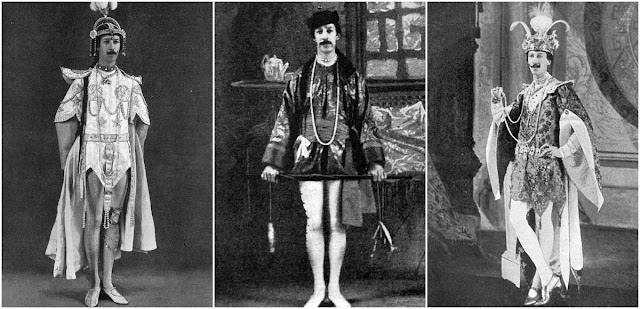
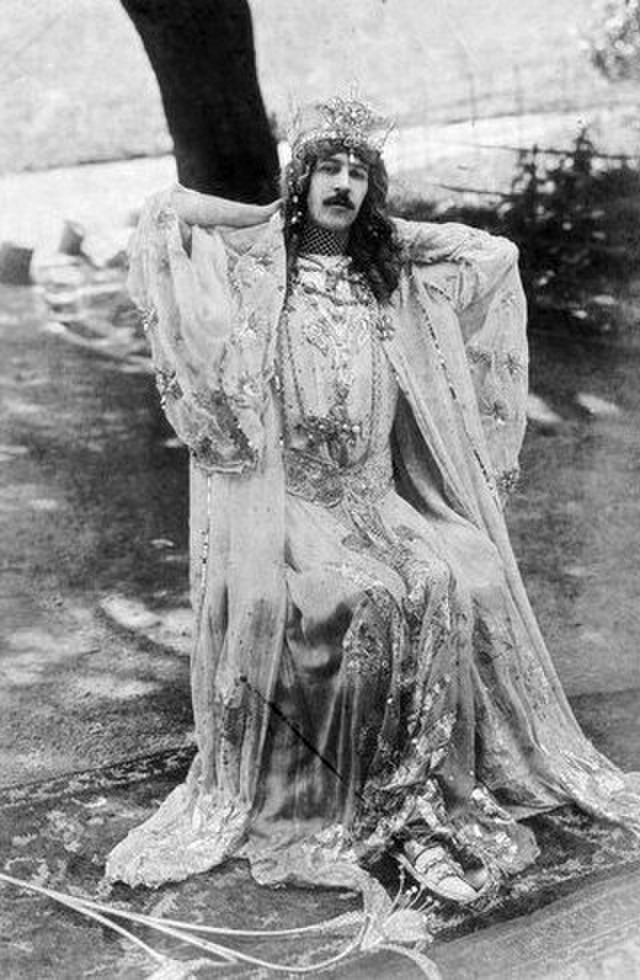
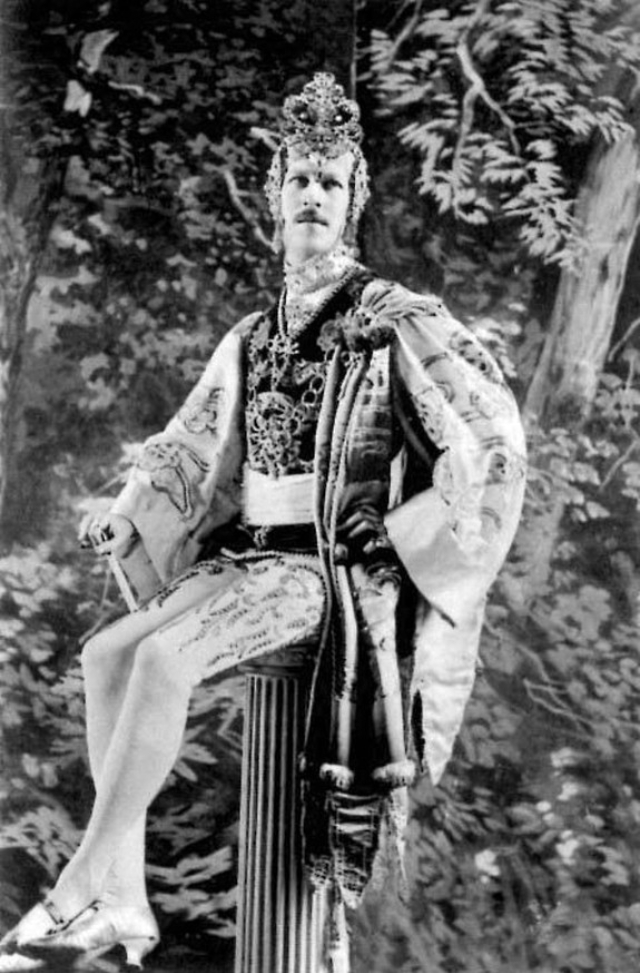


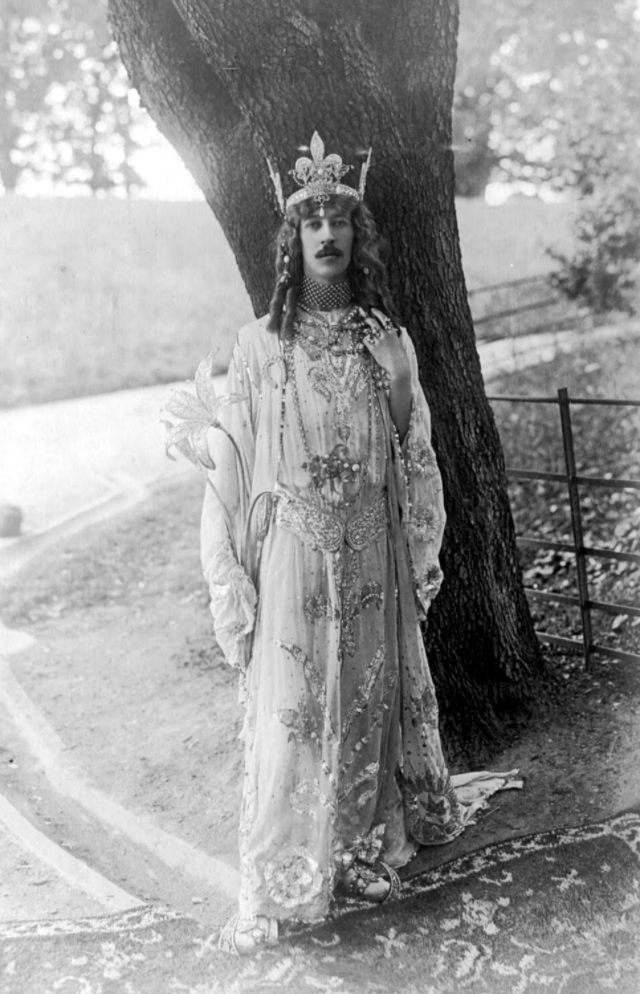


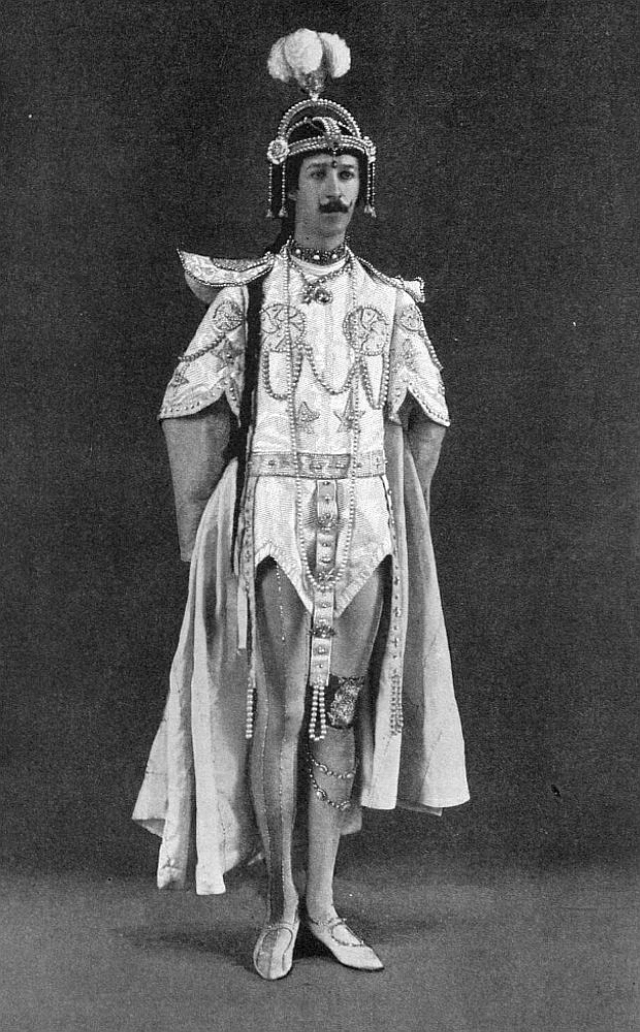









0 comments:
Post a Comment